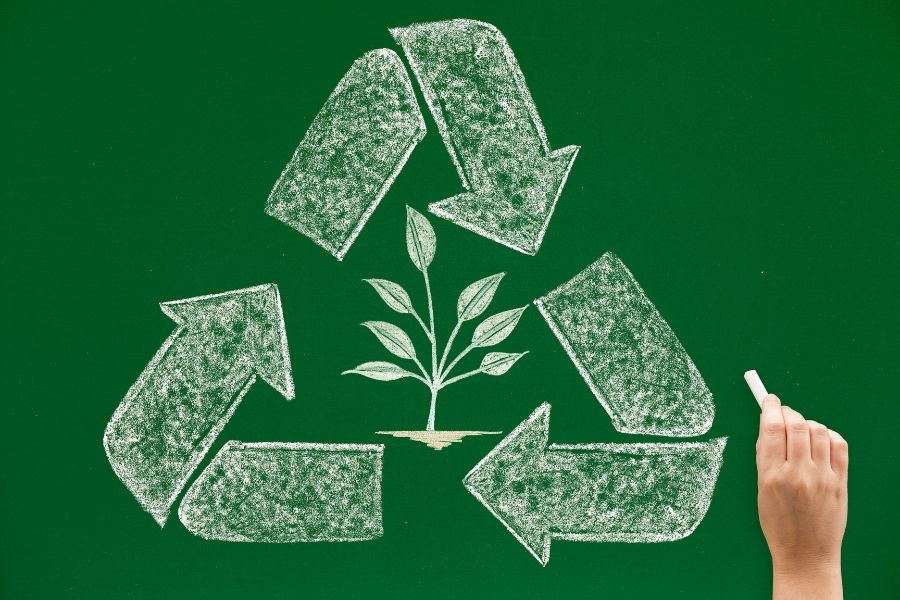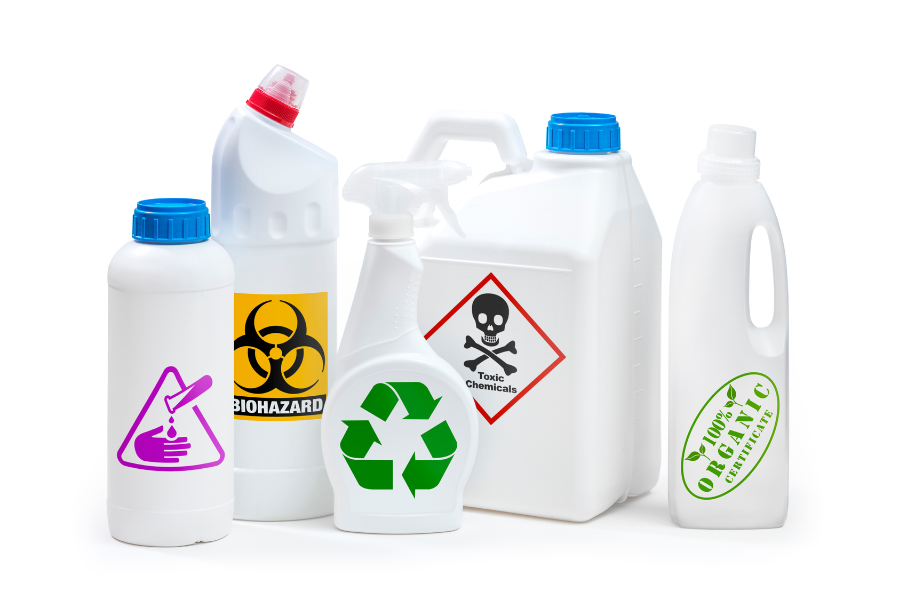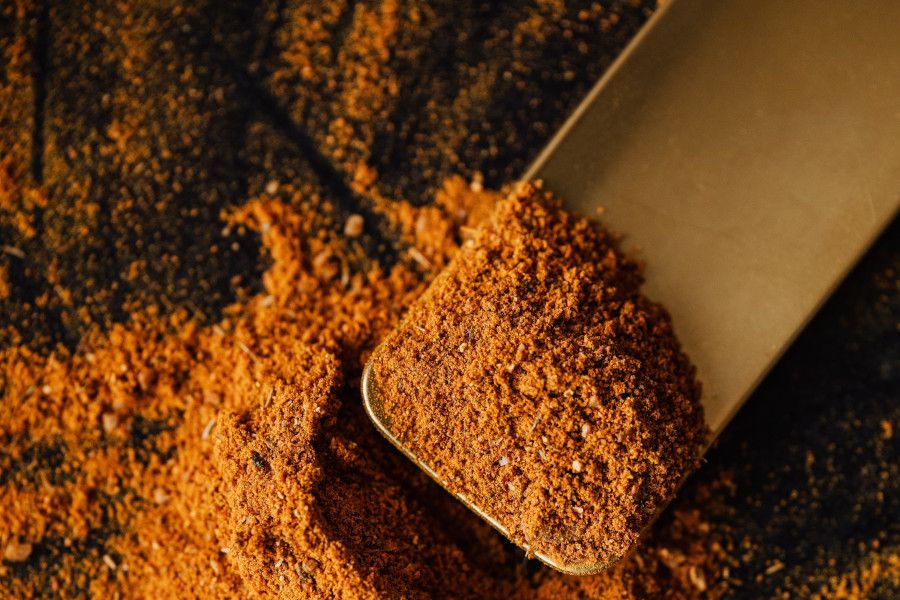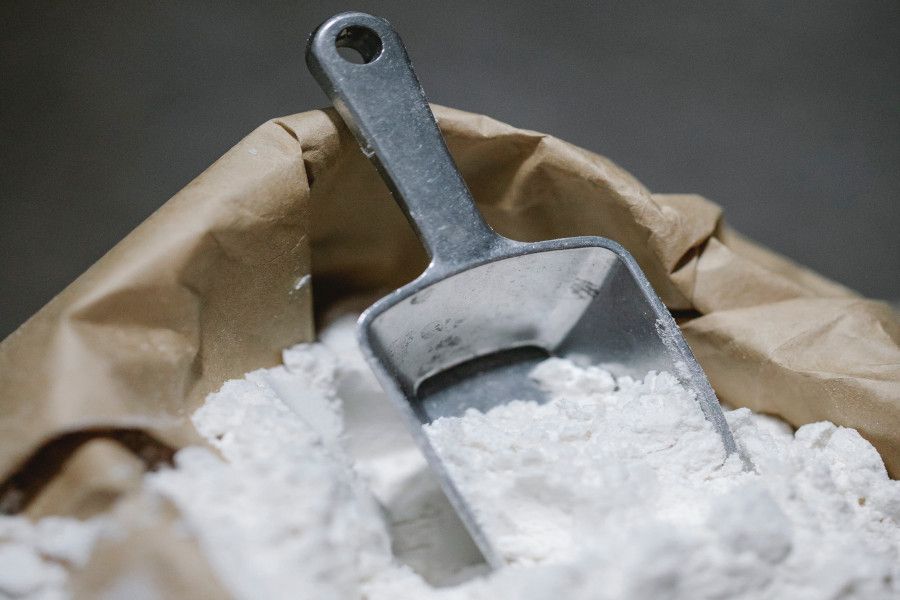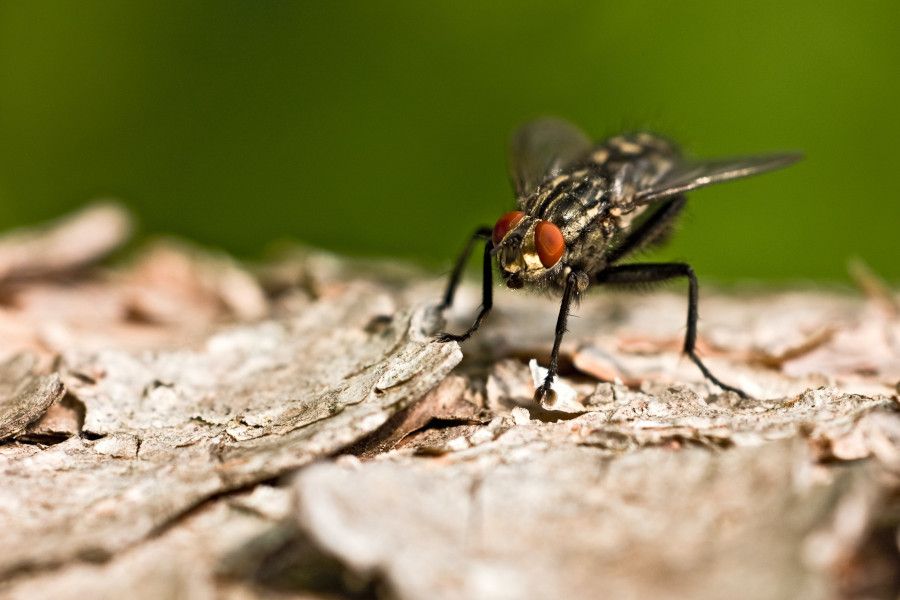Eco issues inspire eco solutions. And, faced with the challenge of tackling deforestation, New Zealand is turning to composting toilets as a powerful tool in assisting reforestation efforts.
RSS
Blog
The composting process of a composting toilet is the same as that of any standard compost pile we're all familiar with. Compost is achieved through microbiological activity where decomposition through digestion of organic matter leads to finer and finer residuals, ultimately creating soil.
Some cleaners can have adverse effects on the composting process, so to help you maintain a healthy composting system, below are the cleaners to avoid, and the cleaners to use!
Regenerative farming is a holistic approach to farming that focuses on enhancing the health and vitality of the soil, optimizing biodiversity, and restoring ecosystem functions.
Generally, the health of a compost pile is relatively simple to maintain. But sometimes, things do go awry. That is where Compost Treatments come in.
Additives help you maintain microbial activity within the pile, speed up decomposition, balance out pH levels, prevent fly strike, negate damaging effects of pharmaceuticals on the compost, and generally prevent problems from arising.
Composting toilets are designed to keep flies away, and with proper maintenance flies shouldn't be a problem. If, however, you've found flies buzzing around your toilet, you need to deal with them sooner rather than later.
A well-designed and properly maintained toilet shouldn't have any unpleasant odours. If it does, something is wrong. Here are a few reasons as to why a composting toilet may start to generate odour, and ways to fix it.
To ensure your toilet is performing at its best, it's recommended you stick to a regular maintenance schedule.
With a bit of water and a few sprays of Nature Flush Enzymes, keeping your composting toilet clean is easy as pie!
- 1
- 2














